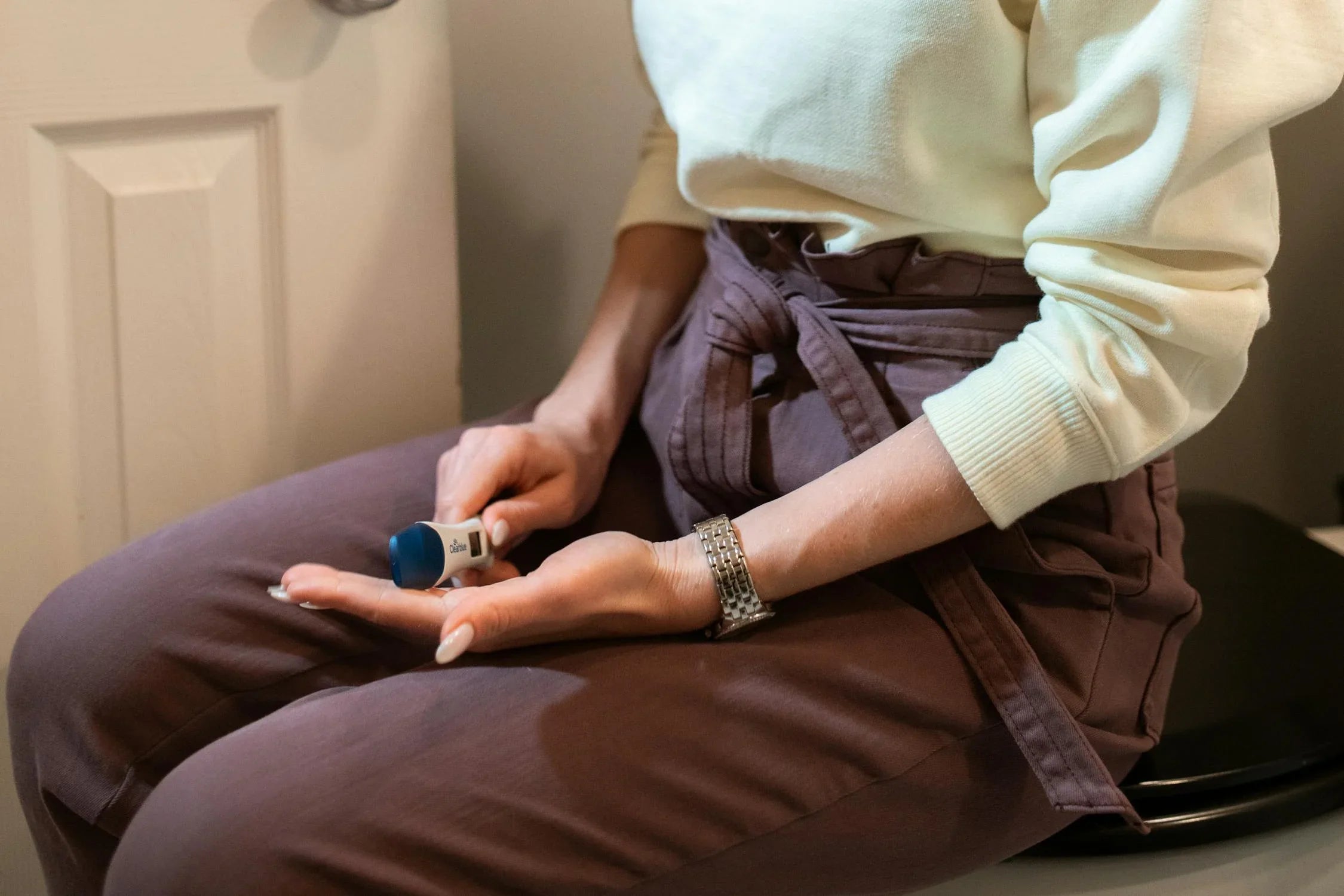Startseite
Pregnancy, Breastfeeding, and Pumping: The Ultimate Guide for Moms
Would a Pregnancy Test Work at 3 Weeks? Everything You Need to Know

Would a Pregnancy Test Work at 3 Weeks? Everything You Need to Know
When you suspect you might be pregnant, the first thing you likely reach for is a pregnancy test. But would a pregnancy test work at 3 weeks? The answer isn’t as straightforward as you might think. Understanding how pregnancy tests function, the timing of conception, and the science behind early detection can help you determine whether testing at this stage is reliable.
How Pregnancy Tests Work
Pregnancy tests detect the presence of a hormone called human chorionic gonadotropin (hCG) in your urine or blood. This hormone is produced by the placenta shortly after a fertilized egg attaches to the uterine lining. The levels of hCG increase rapidly in the early stages of pregnancy, doubling approximately every 48 to 72 hours.
Understanding Pregnancy Timeline
To determine whether a pregnancy test would work at 3 weeks, it’s essential to understand how pregnancy is calculated. Pregnancy is typically measured from the first day of your last menstrual period (LMP), not from the date of conception. This means that by the time you’re 3 weeks pregnant, conception has only occurred about 1 week prior.
Can a Pregnancy Test Detect Pregnancy at 3 Weeks?
At 3 weeks post-LMP, hCG levels may still be too low for most home pregnancy tests to detect. However, some highly sensitive tests claim to detect pregnancy as early as 6 to 8 days after ovulation. If you’re testing at 3 weeks, it’s crucial to use a test designed for early detection and to follow the instructions carefully.
Factors That Influence Test Accuracy
Several factors can affect the accuracy of a pregnancy test at 3 weeks. These include the sensitivity of the test, the time of day you take it, and how well you follow the instructions. Testing with your first-morning urine, which is more concentrated, can increase the likelihood of detecting hCG if it’s present.
When to Take a Pregnancy Test for the Most Accurate Results
For the most reliable results, it’s generally recommended to wait until after you’ve missed your period. This typically occurs around 4 weeks post-LMP. By this time, hCG levels are usually high enough to be detected by most home pregnancy tests.
What to Do If You Get a Negative Result
If you test at 3 weeks and get a negative result but still suspect you might be pregnant, wait a few days and test again. hCG levels rise quickly in early pregnancy, so a test taken a few days later may yield a positive result. If you continue to experience pregnancy symptoms or have concerns, consult a healthcare professional.
Early Signs of Pregnancy
At 3 weeks, you may not yet notice significant pregnancy symptoms. However, some women experience early signs such as mild cramping, spotting, or breast tenderness. These symptoms can be subtle and are often mistaken for premenstrual symptoms.
The Role of Blood Tests in Early Pregnancy Detection
If you’re eager to confirm pregnancy before a home test can detect it, a blood test administered by a healthcare provider can measure hCG levels more accurately. Blood tests can detect pregnancy earlier than urine tests, sometimes as soon as 6 to 8 days after ovulation.
Common Misconceptions About Early Pregnancy Testing
Many people believe that any pregnancy test can detect pregnancy immediately after conception. However, this is not the case. It takes time for hCG levels to rise to a detectable level, and testing too early can lead to false negatives.
Tips for Accurate Testing
To maximize the accuracy of your pregnancy test, use a highly sensitive test, follow the instructions carefully, and test with your first-morning urine. If you’re unsure about the results, repeat the test after a few days or consult a healthcare provider.
Would a pregnancy test work at 3 weeks? While it’s possible to get a positive result, the accuracy depends on several factors. Understanding the science behind pregnancy tests and the timing of conception can help you make informed decisions about when and how to test. If you’re eager to confirm pregnancy, consider waiting a few more days or opting for a blood test for the most reliable results.
Teilen
